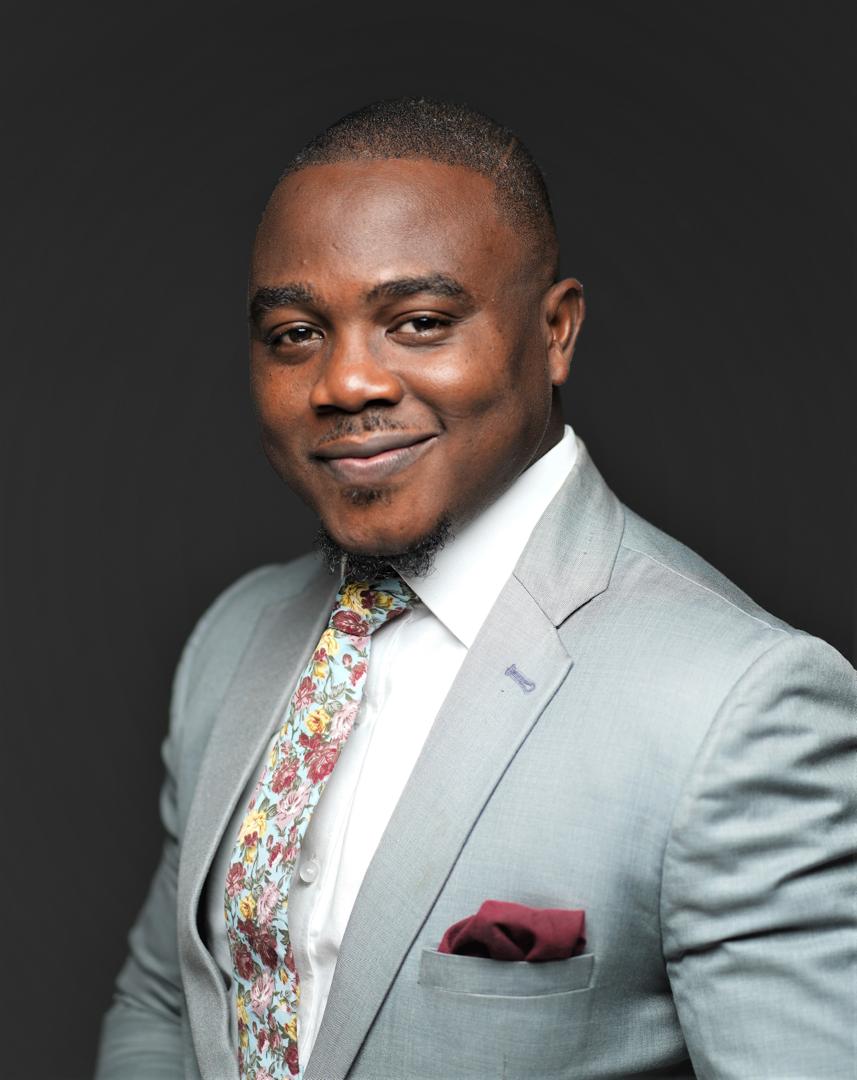Olusesan Ogunyooye, the new head of marketing at AXA Mansard Insurance PLC, has emphasized that increasing customer engagement and simplifying insurance communications, processes and products are key to unlocking insurance adoption and driving brand saliency. This approach, he said, will not only make insurance more accessible but also instill confidence in customers.
Ogunyooye, who was recently elevated to the role of head of marketing at the global insurance company AXA, noted this during a media interview announcing InsureFest by AXA activation. According to him, InsureFest is one of the ways AXA Mansard is engaging customers and immersing the youth in its world.
He explained that as the culture of savings improves among the youth, the culture of insurance must increase, too. “We need to let the youth understand that insurance is also a financial service and no savings or investment portfolio is balanced without insurance. So, at InsureFest, we are using games to simplify the process of getting insurance and making it work for everybody. We have embedded insurance education in games that people are already used to so when they think about it; they can remember that insurance is as simple as playing a monopoly or jenga, for example.”
He said that while many sector efforts are funneled toward insurance awareness, the real challenge hampering product adoption is trust. He emphasizes that this is a crucial aspect that needs to be addressed. The only way to build trust, he believes, is through consistent brand engagement like what AXA is doing with Insurefest. “When you see and interact with people more often, trust starts to build, and our customers feel secure and valued,” he said.
He added: “If you attend industry events and read reports about our industry, the issues at the center of discussions when we talk about low adoption and penetration of insurance in Nigeria are always low awareness and low education. While there are truths in these submissions, as marketing professionals, our job is to look into what data says and unearth insight that could help address the problem. Why are people not aware of insurance? Why is education a problem? What is the size of the informed and uninformed? How do we unearth the truth from the obvious decades of data that confronts our sector?”
“For me, if we read the subtext of the data that explains the fact that awareness and education are the challenges of our sector, what you are lightly to deduce is that those responses are face-saving responses. The real reason only a few people use insurance is that only a few people trust that insurance will work for them. I have argued that people educate themselves about things that interest them. So, what we need to do as brand builders in insurance is that we need to get people interested in our products. When people develop interest, their curiosity will grow, then they can trust the brand behind the products and they will understand the essence of its being.”
“We need to stop making people feel bad that they don’t have insurance; fear appeal seldom works. Rather, we need to start making them feel excited about the possibilities of having insurance. The model of increasing interaction as a means of building trust has been proven in other industries such as banking, fintech, FMCG, electronics, etc. We are seeing that in automobiles, too, lately with the entry of new brands that were otherwise not part of the traditional consideration set. But these brands understand their limitations and are tapping into the feelings and emotions of their audience, and we are seeing the gradual adoption.”
“Insurance doesn’t need to reinvent the wheel. We just need to make our communication about how people feel in the present rather than the benefits they will get in the future.”
He noted that this is one of the reasons AXA Mansard is using gamification to engage its audience, noting that the brand is convinced that this interactive approach, which allows its audience to immerse themselves in its world, is a powerful tool for building trust.
“It is what we have to do to grow our industry, to ensure that our collective future isn’t at risk, and what we must do for our collective prosperity,” he concluded.





Comment
No comments found.